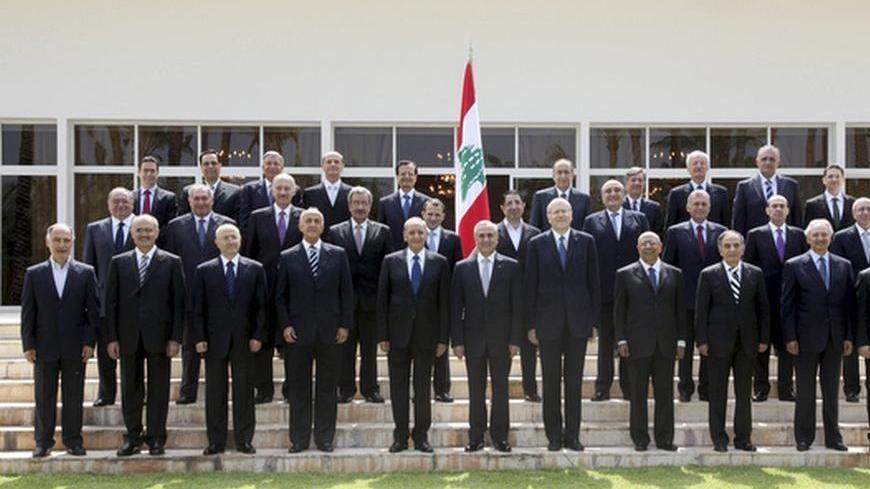Instead of wholeheartedly embracing and riding the wave of the Arab Spring, Lebanon turned into a spectator, cheering for this historic development but nevertheless treating it as some foreign event.
We saw and continue to see ourselves above the Arab Spring. We enjoy religious freedoms and political liberties in Lebanon. Therefore, unlike Tunisians, Libyans, Yemenis, Egyptians, Syrians and other fellow Arabs, we have no battle to fight, no cause to champion, so it seems. Surely we can implement reforms to fix our economic problems and make our bureaucracy more effective, but deep down we continue to believe that our sectarian political system, while imperfect, is fundamentally sound and even worth emulating by others. Change is good, but it is not for us.


